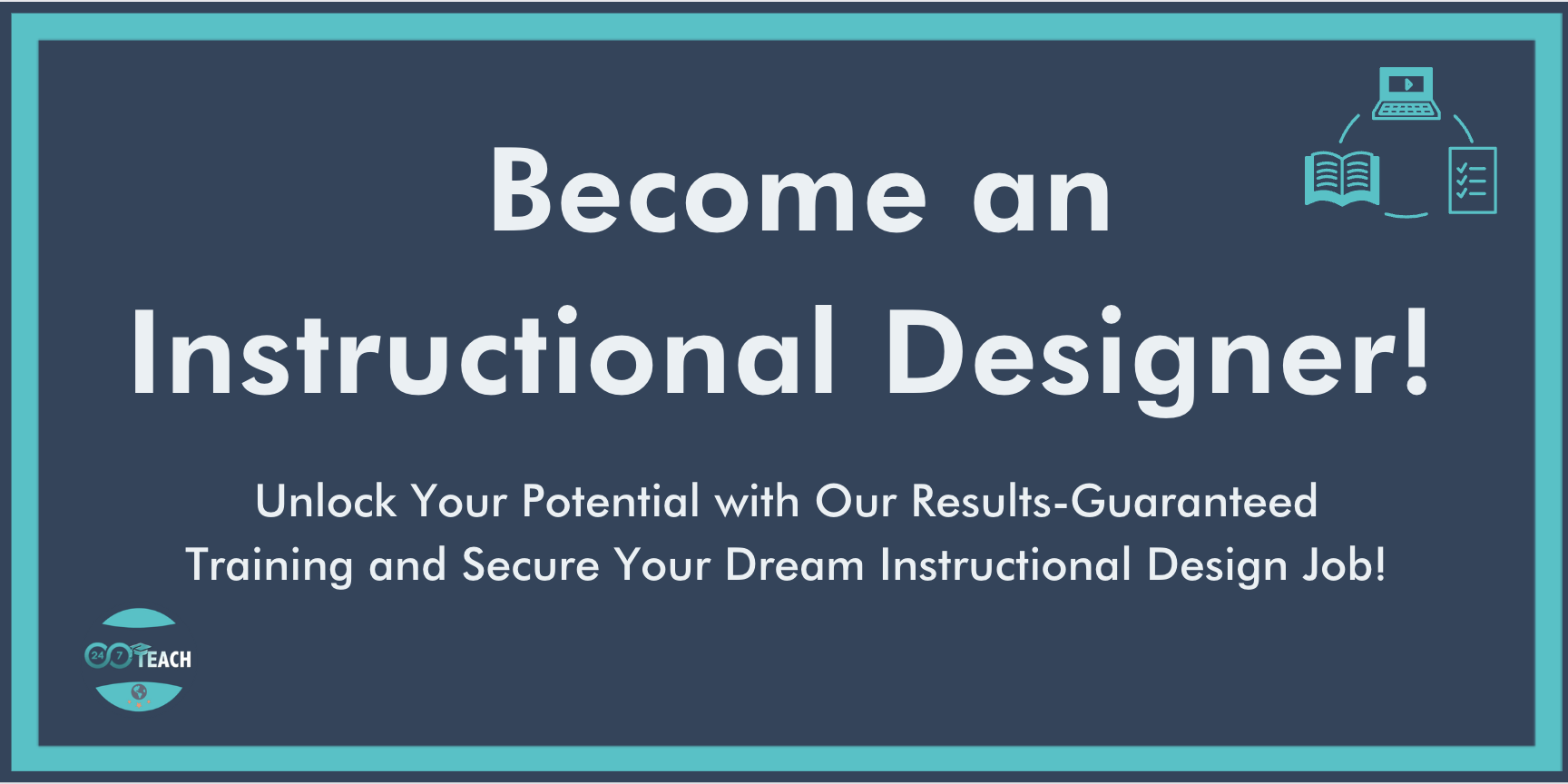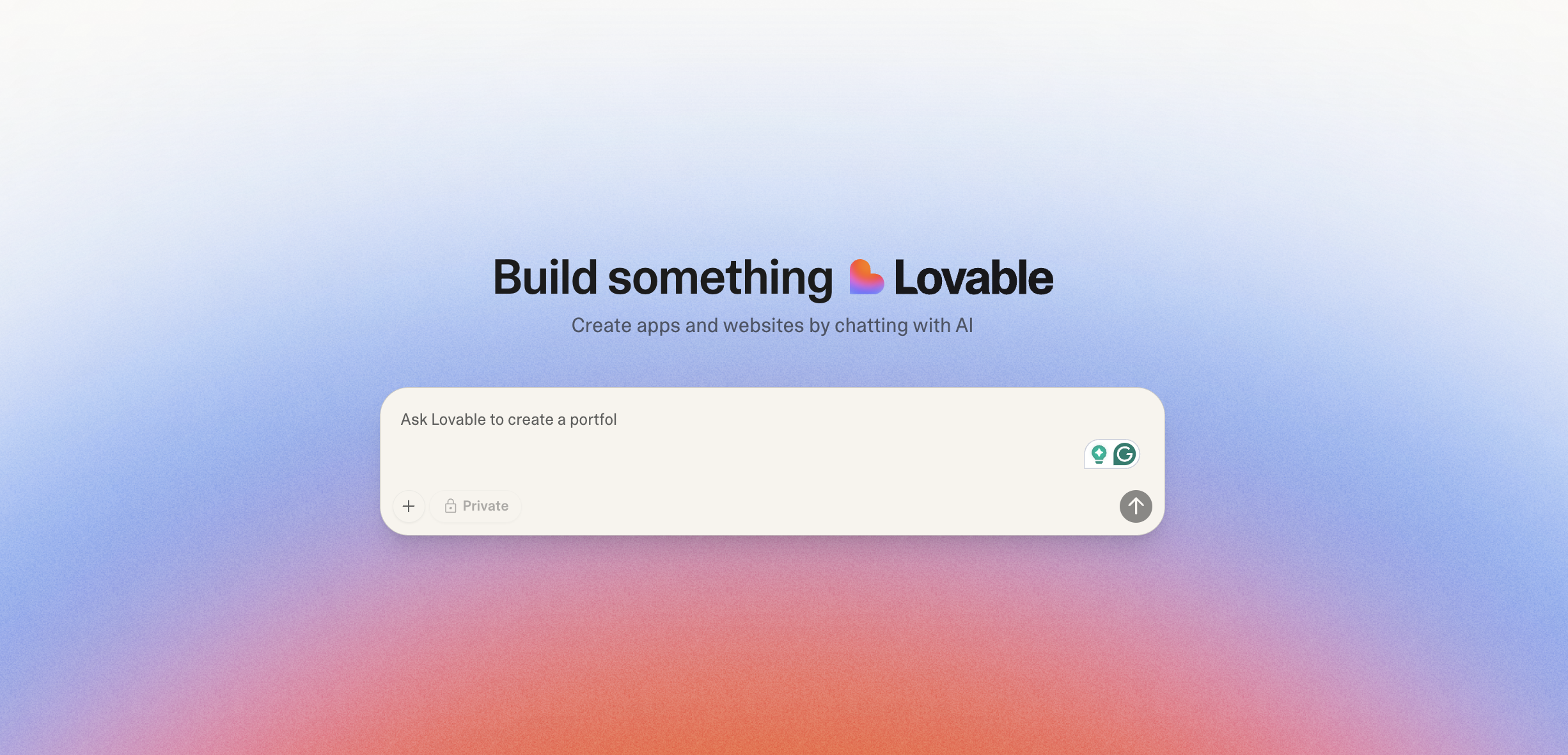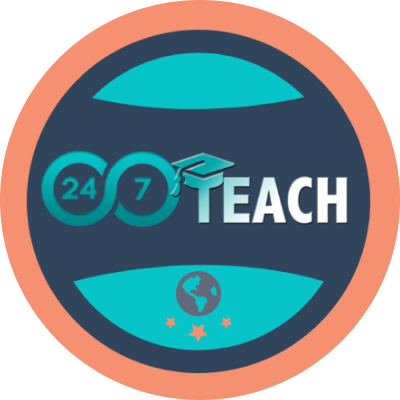Instructional Design is not something you learn but something you practice…
By Anthony Miller
Lead Instructional Designer and Trainer
Prefer to listen to this post? Click below.
Embracing the Practice: Why Instructional Design is More Than Just Learning
The Balance: 30% Learning, 70% Practicing
In my 15 years as an instructional designer, I've observed a vital balance that every professional in this field must strive to maintain: dedicating approximately 30% of your time to learning and 70% to practicing. There is more to this ratio that we will discuss later, but importantly, it underscores the importance of hands-on experience and iterative development in shaping an effective and successful instructional designer.
Learning: Building the Foundation
The 30% dedicated to learning forms the bedrock of your instructional design expertise. This involves:
1. Understanding Theories and Models: Familiarize yourself with foundational theories like Bloom's Taxonomy, ADDIE, SAM, and Gagné's Nine Events of Instruction. These models provide a framework for designing effective educational programs.
2. Staying Updated: The field of instructional design is dynamic. Keeping abreast of the latest trends, technologies, and research through continuous professional development, attending workshops, and joining professional communities is essential.
3. Gaining Technical Skills: Proficiency in visual design, research and analysis, e-learning tools, Learning Management Systems (LMS), and authoring tools like Articulate Storyline, Adobe Captivate, and Camtasia is indispensable. These skills empower you to translate your instructional strategies into engaging and interactive content.
Practicing: The Core of Mastery
The remaining 70% is where the real growth happens. This involves:
1. Designing Real Projects: Engage in real-world adult learning projects as much as possible. Whether you're working on corporate training programs, academic courses, or informal learning experiences, each project offers a unique set of challenges and learning opportunities.
2. Iterative Development: Instructional design is inherently iterative. Embrace feedback, conduct formative evaluations, and be prepared to revise and improve your designs continuously. Each iteration brings you closer to the optimal learning experience for your audience.
3. Collaboration: Working closely with subject matter experts, stakeholders, and learners is crucial. Effective communication and collaboration skills ensure that your designs meet the actual needs and expectations of the end-users.
4. Reflective Practice: Regularly reflect on your experiences, successes, and failures. Reflective practice helps you internalize lessons learned and apply them to future projects, fostering continuous improvement.
Cultivating the Instructional Design Mindset
Beyond the practical application, instructional design requires a particular mindset:
- Empathy: Understand the learner's perspective. Empathizing with your audience helps you design experiences that are not only educational but also engaging and relevant.
- Curiosity: Maintain a curiosity-driven approach. Always seek to explore new methods, tools, and technologies that can enhance the learning experience.
- Adaptability: The field is ever-changing. Being adaptable and open to change allows you to stay relevant and effective in your designs.
- Resilience: Not every design will be perfect, and setbacks are part of the process. Cultivating resilience helps you navigate challenges and persist in your pursuit of excellence.
Soft Skills: The Unsung Heroes of Instructional Design
Success in instructional design isn't just about knowledge and practice; it is significantly influenced by your mindset and soft skills. These often-overlooked attributes can make a substantial difference in you getting hired and developing effective learning experiences efficiently:
- Communication Skills: Clear and effective communication with stakeholders, subject matter experts, and learners is essential. It ensures that the instructional goals are aligned and understood by all parties involved.
- Problem-Solving Skills: Instructional designers frequently encounter challenges that require creative solutions. Developing strong problem-solving skills helps you navigate these obstacles effectively.
- Time Management: Balancing multiple projects and deadlines requires excellent time management skills. Prioritizing tasks and managing your time efficiently ensures that you meet deadlines without compromising quality.
- Collaboration and Teamwork: Instructional design is often a collaborative effort. Being able to work well in a team, respecting diverse viewpoints, and contributing effectively to group efforts are crucial for success.
How 24/7 Teach Elevates Instructional Designers to Top Performers
At 24/7 Teach, we understand that instructional design is not just a profession but a mindset and a cornerstone of effective learning and development. Our instructional design program goes beyond the basics of training you to be an instructional designer; it equips you to become a top performer who is considered an invaluable member of any team.
1. Holistic Development: Our program is designed to foster not just technical skills but also the soft skills that are critical for success. We emphasize communication, problem-solving, and collaboration to ensure you can thrive in diverse and dynamic environments.
2. Real-World Application: We provide extensive opportunities for hands-on practice through real learning projects used by real learners. This practical experience is essential for developing the confidence and competence needed to excel in the field.
3. Mindset and Soft Skills Training: We focus on cultivating a growth mindset, resilience, and adaptability. These attributes are vital for navigating the challenges of instructional design and for continuous personal and professional growth.
4. Value Addition: Our graduates are trained to create and represent substantial value within their organizations. By developing high-impact learning solutions and demonstrating their effectiveness, our instructional designers become indispensable team members.
5. Job Security: In an era where job security is a major concern, especially during layoffs, our instructional designers stand out. Their ability to add significant value to their teams and projects makes them among the least likely to be laid off. Their expertise and the tangible impact they deliver ensure they are seen as assets to their organizations.
6. Mentorship Community: One of the unique strengths of 24/7 Teach's program is our robust instructional design mentorship community. This community connects you with experienced professionals who provide guidance, support, and insights, helping you navigate your career and continually improve your skills. The mentorship network is a powerful resource for learning best practices, gaining new perspectives, and building professional relationships that last a lifetime.
70/30 ratio in more detail (The 70:20:10 Principle)
To further enhance the effectiveness of our instructional design program, 24/7 Teach integrates the 70:20:10 principle—a model that emphasizes the distribution of learning into 70% experiential, 20% social, and 10% formal learning. This principle is pivotal in ensuring that our instructional designers not only learn but also apply and internalize their knowledge through continuous practice and interaction.
1. **10% Structured Learning:** Our program includes a simple but structured learning course, in depth reading resources, and mini workshops. These foundational sessions ensure that all learners have a shared understanding of the core principles of instructional design, fostering a cohesive learning environment.
2. **20% Learning from Others:** Post-training, we emphasize the importance of social learning. Through our mentorship community and communities of practice, learners have to share insights, ask questions, and collaborate with both peers and experts. This stage helps in building momentum and solidifying the knowledge gained during formal training.
3. **70% Experiential Learning:** The bulk of our program focuses on hands-on experience. We provide ample opportunities for our learners to apply their skills in real-world projects, receive feedback, and iterate on their designs. This continuous cycle of practice and reflection is crucial for achieving mastery and integrating new practices into daily workflows.
By applying the 70:20:10 principle, 24/7 Teach ensures that our instructional designers are knowledgeable and adept at applying their skills in practical settings, making them invaluable assets to any organization. So much so most of our graduates receive multiple offers upon graduation.
Conclusion: The Journey Ahead
Entering the field of instructional design is embarking on a journey where learning, practice, mindset, and soft skills go hand in hand. You can become an effective and impactful instructional designer by embracing a mindset that values practical application and continuous improvement and honing your soft skills. Remember, it's not just about what you know; it's about what you do with that knowledge and how you engage with others in the process.
By understanding that instructional design is a practice-driven profession enhanced by the right mindset and soft skills, you, as aspiring designers, can better prepare yourself for the challenges and rewards that lie ahead.
Embrace the journey, and let each experience shape you into a master of your craft. With 24/7 Teach's comprehensive program, powerful mentorship community, and adherence to the 70:20:10 principle, you can be assured that you will not only enter the field but excel and secure your place as a top performer, indispensable to your team.
Discussion Assignment:
Join the conversation and participate with the 24/7 Instructional Design community by completing the assignment and adding your answers in the comment section below:
How can the 70:20:10 rule enhance modern education and training? Describe how you applied or could apply this model in your instructional practice. What other skills or activities in your life are more about continuous practice than just learning? How do these experiences shape your approach to instructional design?
Need Guidance on Navigating the Shift to Instructional Design?
Before You Go...
Discover the Unmatched 24/7 Teach Experience:
Our Instructional Design bootcamps and career coaching services have a 100% success rate. We redefine learning by immersing you in practical, hands-on projects, ensuring you acquire vital professional expertise while making a meaningful difference in your community.
Unlock your true potential today with 24/7 Teach and invest in your future.











